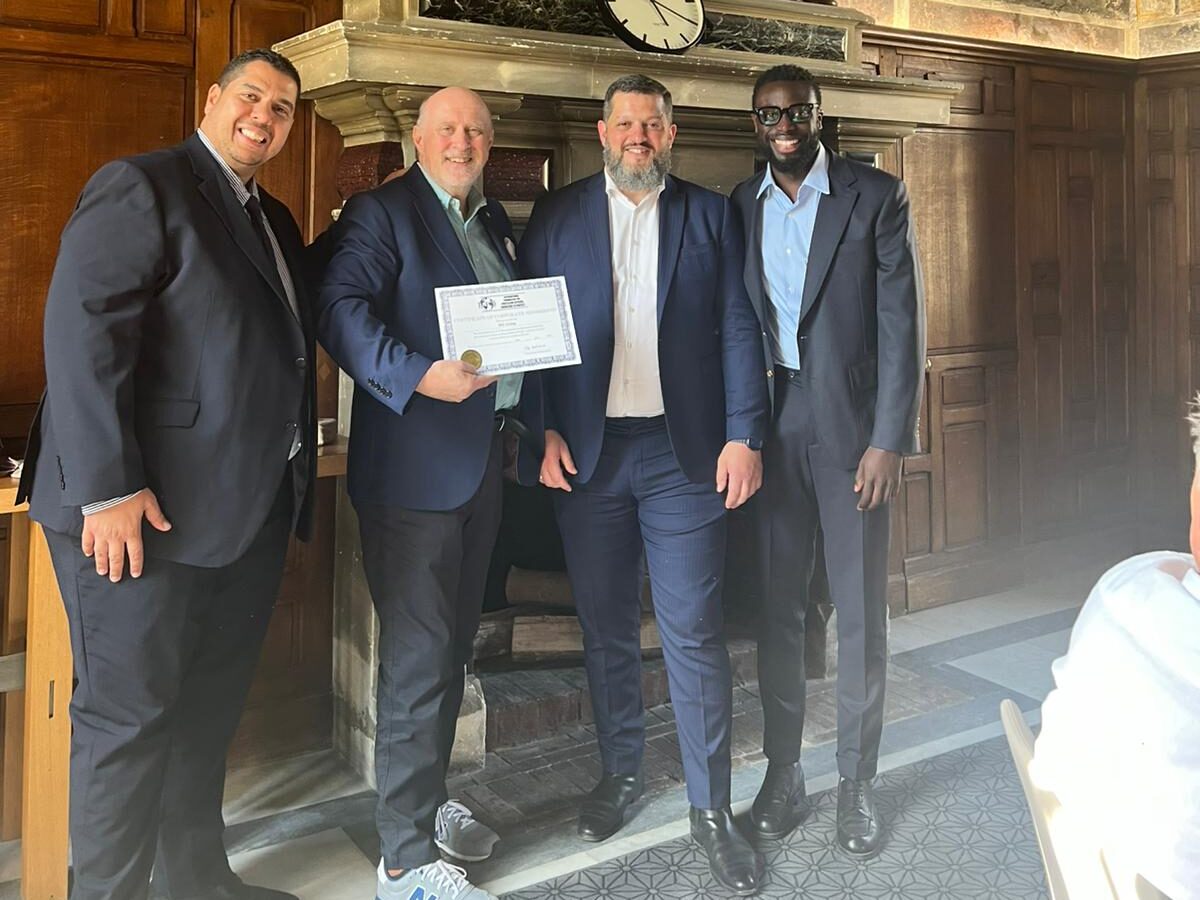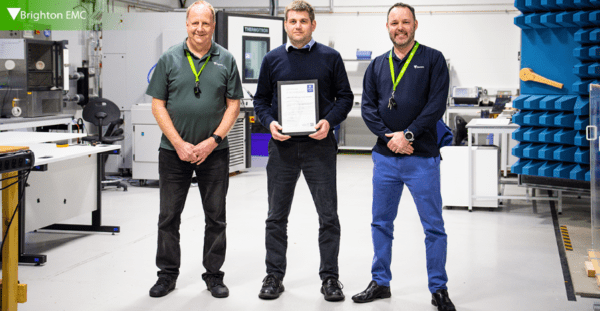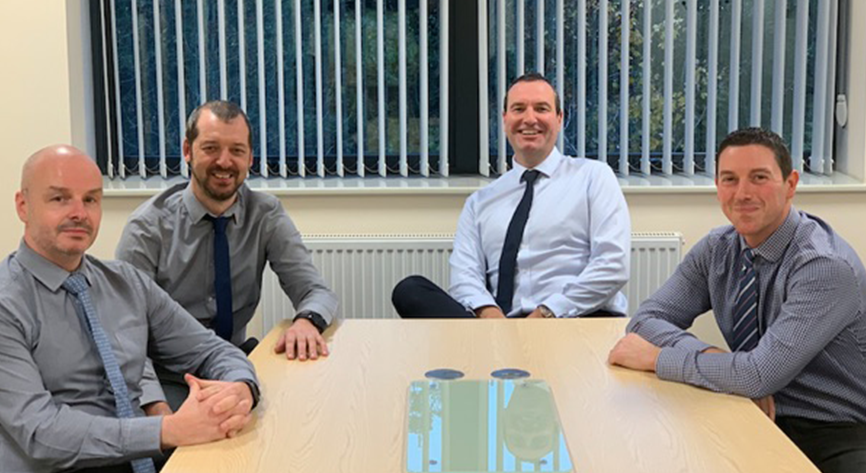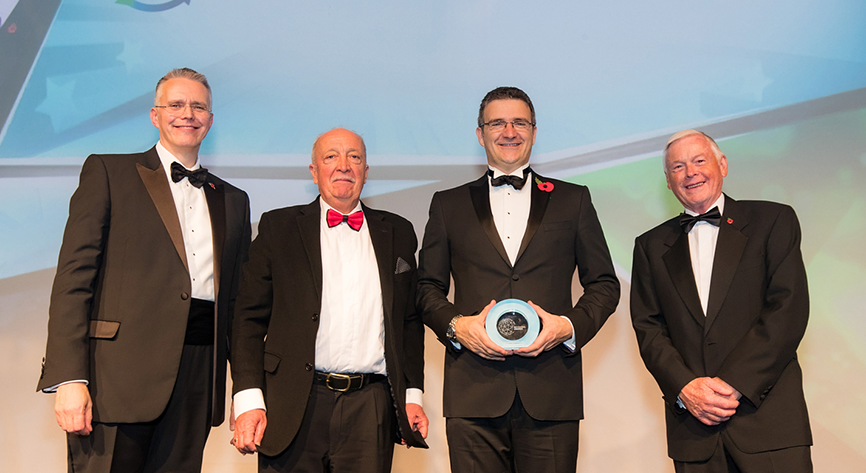
LPCB is the first certification body in the UK to offer a UKAS accredited service for testing and approving Visual Alarm Devices (beacons and strobes used as part of a fire detection and alarm system) to EN 54-23:2010.
From the outset, LPCB has been involved in the writing of EN 54-23 and, as well as conducting trials, has provided test methods to CEN TC72 WG3, the European standards working group responsible for writing the standard.
Raman Chagger, Senior Consultant at LPCB said “In order to provide an effective fire warning for the deaf and hard of hearing the requirements of EN 54-23:2010 are very rigorous. New light measurement equipment was designed to overcome all the technical complexities of the standard yet with the flexibility to be used for product development purposes having many additional features above and beyond the test requirements of EN 54-23.”
The bespoke piece of equipment used for conducting the majority of pulsed light measurements from EN 54-23:2010 was supplied by Product Technology Partners (www.ptpart.co.uk) and was developed with staff at LPCB.
Martin Saxon, Director of PTP said, “The technical challenges posed by the new standard are considerable, and compliance would have been hard to achieve without working in partnership with LPCB. Their application experience combined with our own expertise in the innovative use of technologies enabled the development of robust yet economic test equipment that fully meets the measurement requirements.”
The test facility was assessed by UKAS and given the go-ahead after the UKAS assessor observed successful demonstrations of all of the clauses from the standard.
The work of LPCB with EN 54-23:2010 is not limited to standards writing, testing and approving products. Recently, LPCB have produced LPS 1652 – The Code of Practice for Visual Alarm Devices with the involvement of the Fire Industry Association (FIA). The code provides recommendations for the planning, design, installation, commissioning and maintenance of Visual Alarm Devices in and around buildings. LPS 1652 will shortly be available on the redbooklive website www.redbooklive.com/lps.jsp
Applications for product development, research or approvals testing are welcome, please contact: [email protected]
About
1. Visual Alarm Devices can contain, amongst others, Xenon or LED light sources and this can present a problem in terms of measuring the light output. The profile of an LED pulse has a comparatively long duration (typically 10-100ms) with a low peak signal and square wave type profile. Whereas Xenon devices are of very short duration (typically <0.3ms) with a rapid high peak signal and exponential decay. The peak signal from a high output Xenon device can be over 10,000 times greater than the peak signal from an LED device and this presents a difficulty in terms of the dynamic range of the measurement equipment. Additionally the standard requires measurements to be conducted at a variety of different angles – up to 871 measurement positions for a ceiling mounted device with a range greater than 17m.
2. BRE Global Limited (incorporating LPCB & BREEAM) is an independent third party approvals body offering certification of fire, security and sustainability products and services to an international market.
BRE Global Limited is custodian of the brands:
– LPCB for the approval of fire and security products and services, listed in the Red Book
– BREEAM the world’s leading environmental assessment method for buildings, sets the standard for best practice in sustainable design and has become the de-facto measure of a building’s environmental performance.
BRE Global’s mission is to ‘Protect People, Property and the Planet’ and is part of the BRE Group under the BRE Trust, the registered research and education charity. For further information please contact: BRE Global, Garston, Watford, WD25 9XX, Tel: 01923 664100, Fax: 01923 664910, Email: [email protected] or visit www.breglobal.com
3. The European Committee for Standardization (CEN) is a business facilitator in Europe, removing trade barriers for European industry and consumers. Its mission is to foster the European economy in global trading, the welfare of European citizens and the environment. Through its services it provides a platform for the development of European Standards and other technical specifications.
– CEN TC 72 is the Technical Committee responsible for the development of standards in the area of Fire Detection and Fire Alarm Systems.



























